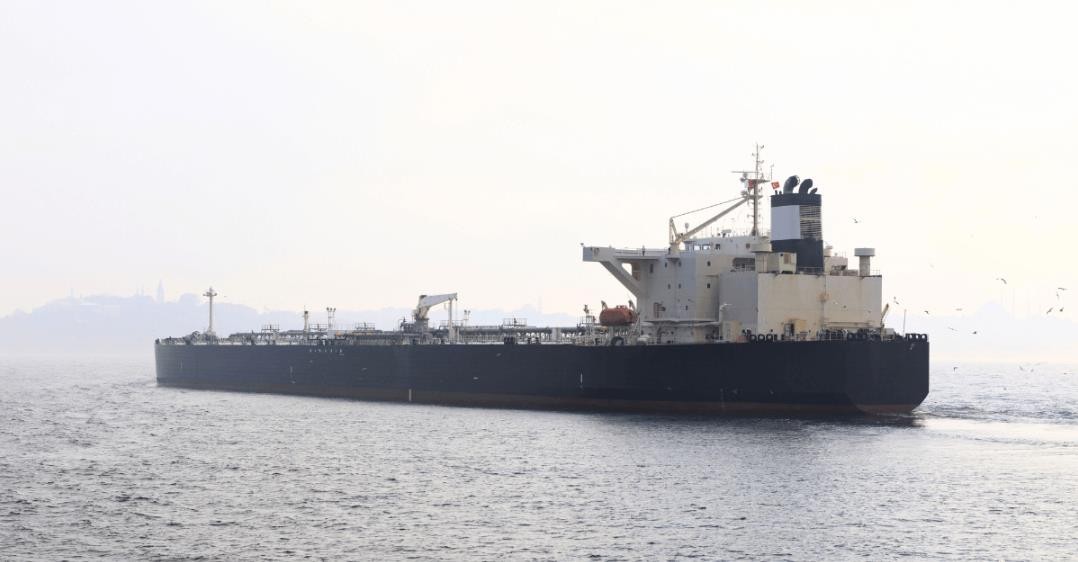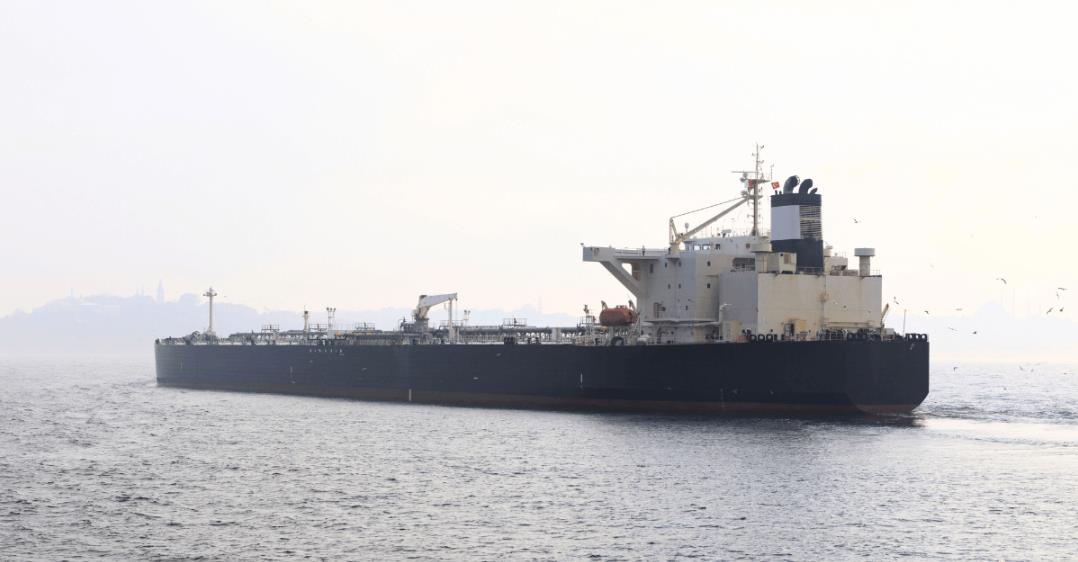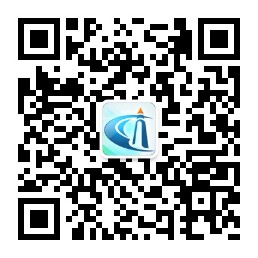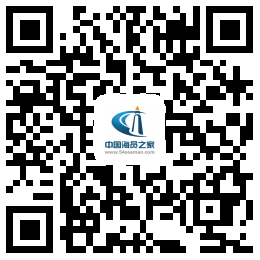伊朗伊斯兰革命卫队海军在短短八天内连续截获第三艘燃料走私船,显示该国补贴燃料的非法外运活动正持续升级。
革命卫队海军第二军区4月8日通报,巡逻部队在波斯湾扣押一艘未具名的小型油轮,船上6名船员及10万升疑似走私燃料被押送至布什尔港基地调查,但未披露船舶国籍、所有权及船员信息。
此次行动距离3月31日查获两艘走私船仅隔一周。此前被扣的"Start 1"和"Vintage"号油轮(均未在全球船舶数据库登记)共载有300万升柴油及25名船员,目前同样滞留布什尔港。
布什尔省司法官员证实,查扣行动均依据司法令执行。
**价差催生走私产业链**
伊朗柴油享受高额补贴,限定配额内价格仅3000伊朗里亚尔/升(约合0.07美元),超额购买则需6000里亚尔/升,与阿联酋、巴林等取消补贴的国家形成显著价差——这些国家实施与国际油价挂钩的月度定价机制,使走私利润可达官方售价的三倍以上。
而阿曼、沙特等仍维持补贴政策的国家因利润有限,较少成为走私目标。
**伊拉克成主要销赃地**
据调查,伊拉克因边境执法腐败严重,成为走私燃料首选目的地。
为规避阿联酋等法律严格国家的打击,走私集团常采用"海上过驳"方式,将燃料转移至无标识小船。
路透社另报道,3月底伊朗边防警还截获一艘运载百万升走私原油的船舶。
**走私网络运作模式**
海湾国家商人被指资助这类"现代海盗式"行动:使用无国籍船员与"幽灵船舶"(多为注销登记或伪造身份),得手后经第三国洗白货物。
当伊朗查获曾停靠海湾合作委员会港口的走私船时,相关国家通常保持沉默以避免外交纠纷。
**跨境走私商品多样化**
走私贸易随市场需求呈现季节性变化:南下船只运输伊朗开心果、活畜等特产,返程则装载家电、香烟等商品。
这种非法贸易导致伊朗每年因补贴滥用损失数十亿美元,而海湾国家则面临增值税等税收流失。
▲Image for representation purposes only
英文原文
The Islamic Revolutionary Guard Corps (IRGC) of Iran has seized a third fuel-smuggling tanker in just over a week. The illegal movement of subsidised fuel from the country’s shores has intensified.
The IRGC Navy’s Second Naval District reported that on April 8, patrol teams intercepted a small, unnamed tanker in the Persian Gulf.
The vessel had six crew members on board and was carrying 100,000 liters of fuel, suspected to be smuggled. It was taken to the district’s base in the southern port of Bushehr for further investigation.
Officials have not disclosed the ship’s flag, ownership, or the nationalities of the crew.
This latest seizure comes after two similar incidents reported on March 31. At that time, naval patrols from the same IRGC district captured two other small tankers also suspected of smuggling fuel.
Together, those ships were carrying over three million liters of diesel and had 25 crew members on board.
They were also transferred to the port of Bushehr. A judiciary official in Bushehr province later confirmed the seizures were conducted under a legal order.
Iran’s state run media identified the earlier vessels as Start 1 and Vintage, but these names do not appear in global shipping databases.
Such discrepancies are common in the smuggling industry, where ships involved are often poorly registered or previously listed as decommissioned.
The smuggling of refined fuel, like diesel and petrol from Iran to neighbouring countries is not new.
It has been a long-standing issue due to a large difference in fuel prices between Iran and other Gulf nations. In Iran, diesel is heavily subsidised and sold at IRR 3,000 (about $0.07) per liter for limited monthly quotas.
For those who need more, such as truckers and farmers, the price rises to IRR 6,000 per liter.
This price gap encourage smugglers to move fuel across borders, particularly to places where subsidies have been removed, like the United Arab Emirates and Bahrain.
Fuel prices in these countries are set monthly based on global market changes, making them attractive targets for smuggling.
On the other hand, countries like, Oman, Saudi Arabia, Kuwait, and Qatar still offer subsidised fuel, making smuggling there less profitable.
Iraq is often the preferred destination for smuggled fuel due to widespread corruption among border security, coastguard, customs officials, and local police.
Smugglers frequently transfer fuel at sea to smaller boats in a process known as transshipment to avoid getting caught in nations with stricter laws like the UAE and Bahrain.
Fuel smuggling impacts countries differently. For example, in Iran, it leads to billions in losses from the national budget due to subsidy abuse. In contrast, Gulf countries lose tax revenue-like VAT, sales, and corporate taxes, when smuggled fuel is sold illegally.
Many smuggling operations are believed to be backed by businessmen based in Gulf countries. These operations function much like old pirate expeditions and often involve stateless crew members and untraceable ships.
When Iran captures such vessels, especially those last seen at GCC ports, those countries tend to remain silent and avoid stepping in to support the detained individuals, possibly to avoid diplomatic embarrassment.
Smuggling in the region not only involves fuel but goods across the Gulf depending on market demand and seasonal shifts.
Sometimes the boats carry Iranian products like pistachios or livestock southwards, while on the return journey, they bring items such as household appliances or cigarettes.
In a separate but related incident, Reuters reported that Iran’s border police also intercepted another vessel carrying one million liters of smuggled oil at the end of March.
免责申明:本文来自外网,如有误差,以英文为准;仅代表作者观点,不代表中国海员之家立场。其真实性及原创性未能得到中国海员之家证实,在此感谢原作者的辛苦创作,如转载涉及版权等问题,请作者与我们联系,我们将在第一时间处理,谢谢!联系邮箱:cnisu@54seaman.com


 联系我们人工客服
联系我们人工客服



















 :1391995811
:1391995811


评论 (0人参与)